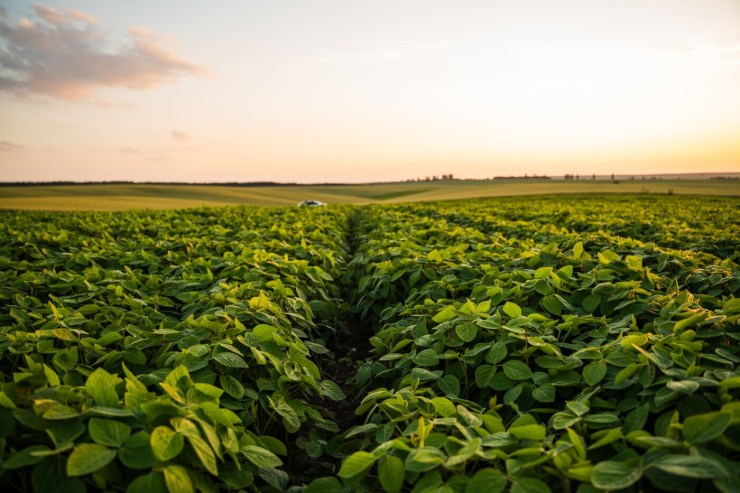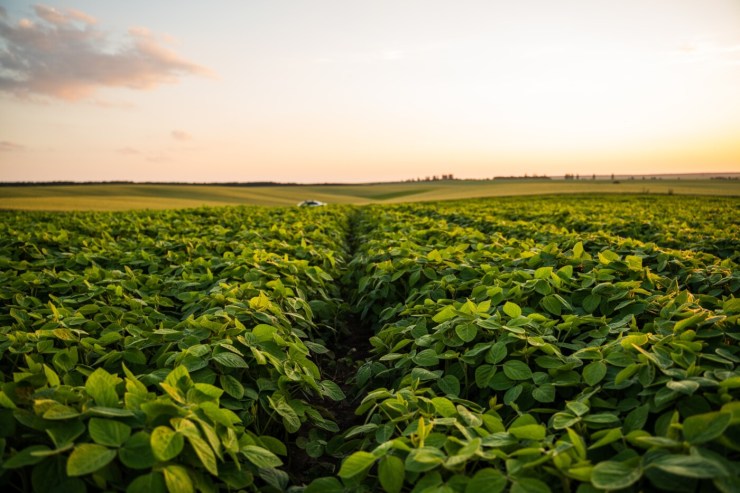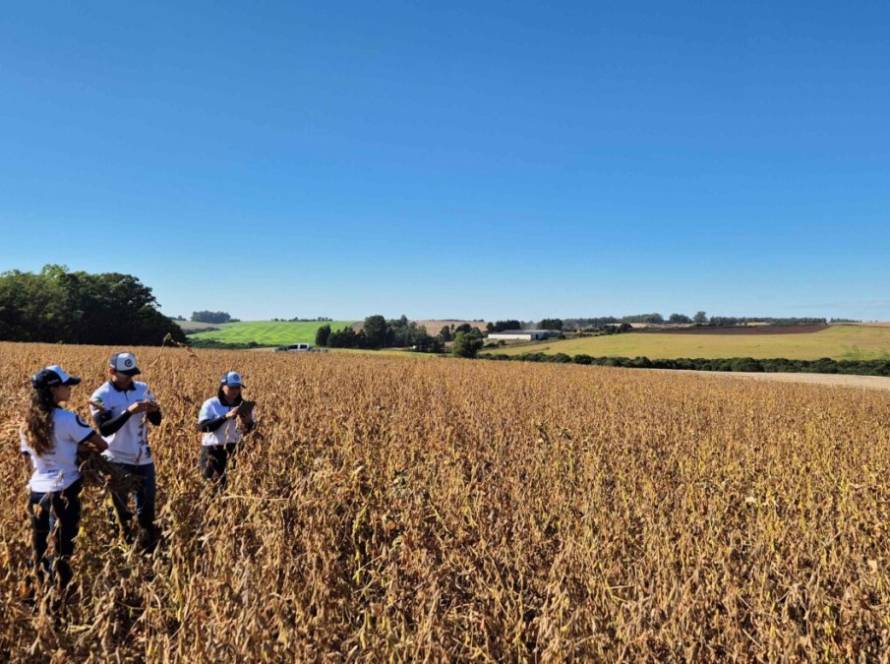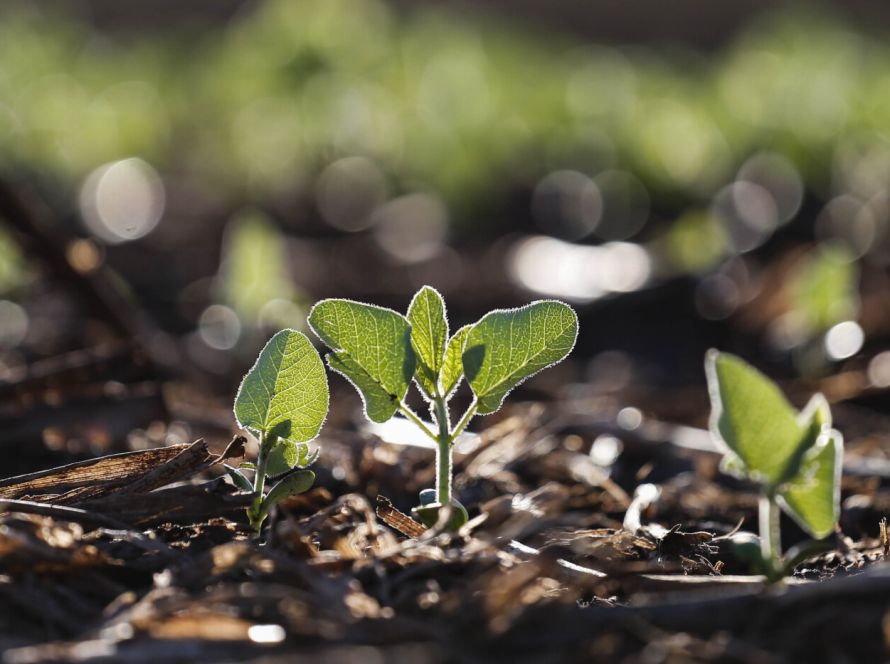The advances of Brazilian soybeans in productivity and sustainability and their strategic role in world trade will be the main points discussed by the senior professor and coordinator of the Insper Agro Global Center, Marcos Jank, during the International Conference of the Global Table on Responsible Soy (RTRS). The meeting will be held on September 17th and 18th, at Expo Center Norte, in São Paulo, and will bring together representatives from the entire supply chain of the sector.
Jank will discuss the paths that led Brazil to establish itself as the largest producer and exporter of the grain and the challenges facing new international demands. According to him, soybeans are currently Brazil's main export, generating over US$1,500 billion annually. "The country has surpassed the United States in the last two decades, and this is due to a combination of factors. Soybeans are the product that have adapted best to the tropics and, along with corn and livestock, have become a driver of productive integration and income generation in rural areas," he emphasizes.

Marcos Jank, Senior Professor and Coordinator of the Insper Agro Global Center
Alongside the national and international landscape, Jank will also highlight the innovations that have transformed the sector, such as large-scale no-till farming, second harvests (soybean and corn), and integrated crop-livestock-forestry (ILPF), practices that have increased productivity and reduced carbon emissions. "Today we're talking about even broader integration—crops, livestock, forests, food, fiber, bioenergy, and carbon—a system that positions Brazil as a global benchmark," he shares.
EUDR Requirements and Chinese Market Behavior
New international sustainability requirements, such as the European Regulation Against Deforestation (EUDR), will be another highlight of the presentation. The regulation, which will come into force in 2026, will require that products exported to the European Union have no connection to deforested areas, even legally. "In light of this, the certification of Brazilian soy, led by initiatives such as the RTRS, gains importance in this context, ensuring traceability and socio-environmental compliance," explains the professor.
In this international context, global demand, especially in China, the largest importer of the grain, will also be discussed during the lecture. As Jank points out, demand from the Asian country remains significant, but is growing at a slower pace due to demographic and economic factors.
By sharing key industry insights, Jank aims to provide a historical overview and showcase key trends in the industry, demonstrating how the combination of natural resources, tropical technology, and the expertise of Brazilian producers has transformed the country into a global agribusiness leader and how these factors should guide the future.
Edition in Brazil
The annual RTRS conference will be held concurrently with VICTAM Latam, the world's largest event dedicated to animal feed processing, at Expo Center Norte in São Paulo. This will be the second time RTRS has participated in this event, the first being in 2023, and the expectation is to replicate the success of the previous edition.
This year, under the theme “Shaping Solutions for a Sustainable Future,” the focus will be on pragmatic and forward-thinking discussions on how to unlock the full potential of RTRS’s broad and diverse member base, as well as the entire responsible soy supply chain.

Photo: Lebna Landgraf
Bringing together key stakeholders, from producers to end users, the conference will explore market developments and emerging opportunities; co-create solutions, partnerships, and mechanisms to build a sustainable future for soy; deepen understanding of the RTRS strategy; and foster connections among peers, partners, and industry experts.
About RTRS
Founded in 2006 in Zurich, Switzerland, the Roundtable on Responsible Soy (RTRS) is an international non-profit association that sets competitive and reliable standards and develops solutions to promote the production, trade and use of sustainable soy.
As a global multi-stakeholder roundtable, RTRS works through cooperation between the various actors in the soybean value chain, from production to consumption, offering a global platform for multilateral dialogue on responsible soy.
As a solutions provider, RTRS develops certification standards for soybean production and chain of custody, as well as tools such as the Online Platform—which allows tracking and recording of RTRS certifications, production volumes, and certified material—and the Soybean and Corn Footprint Calculator, among other tools.





